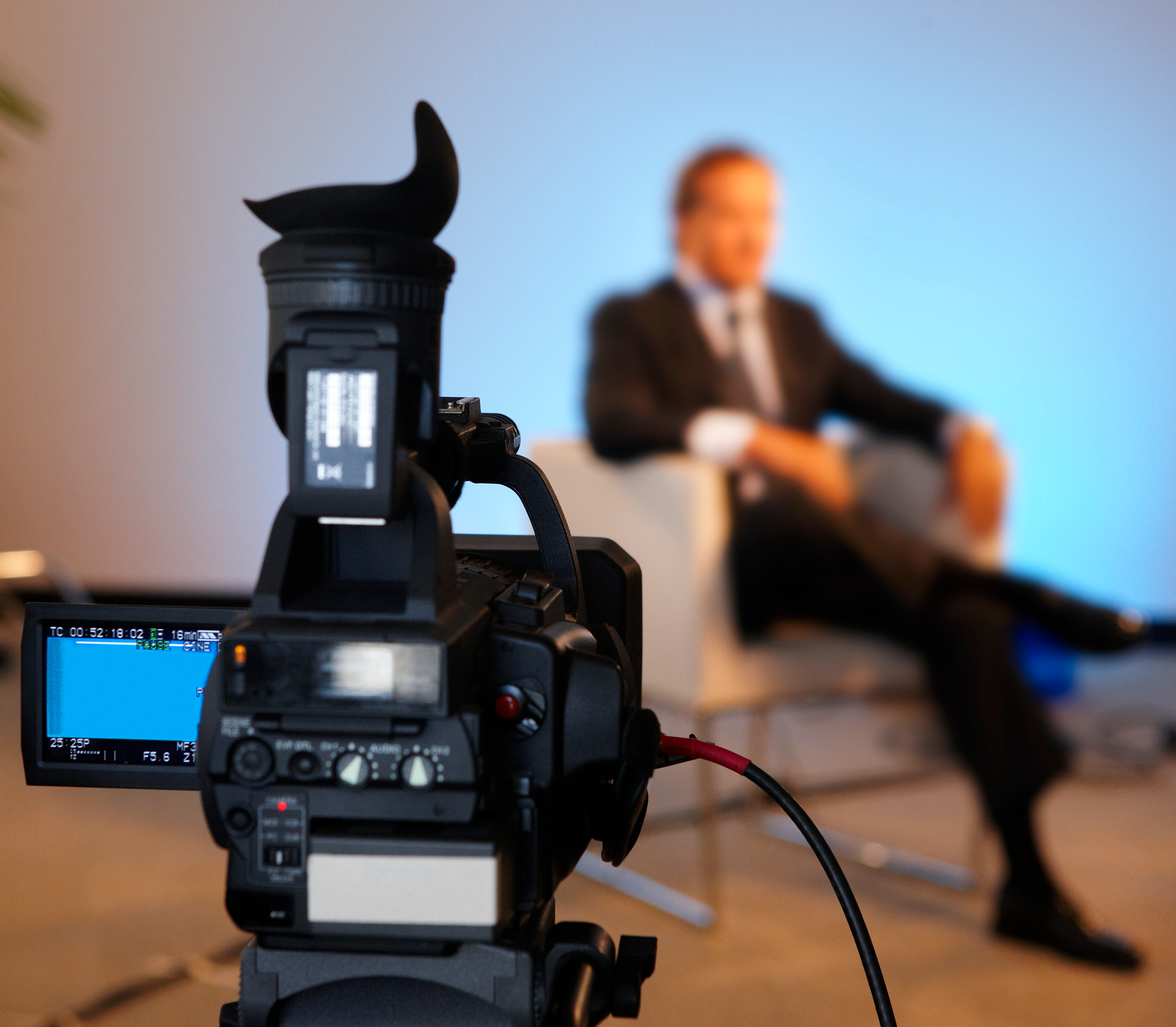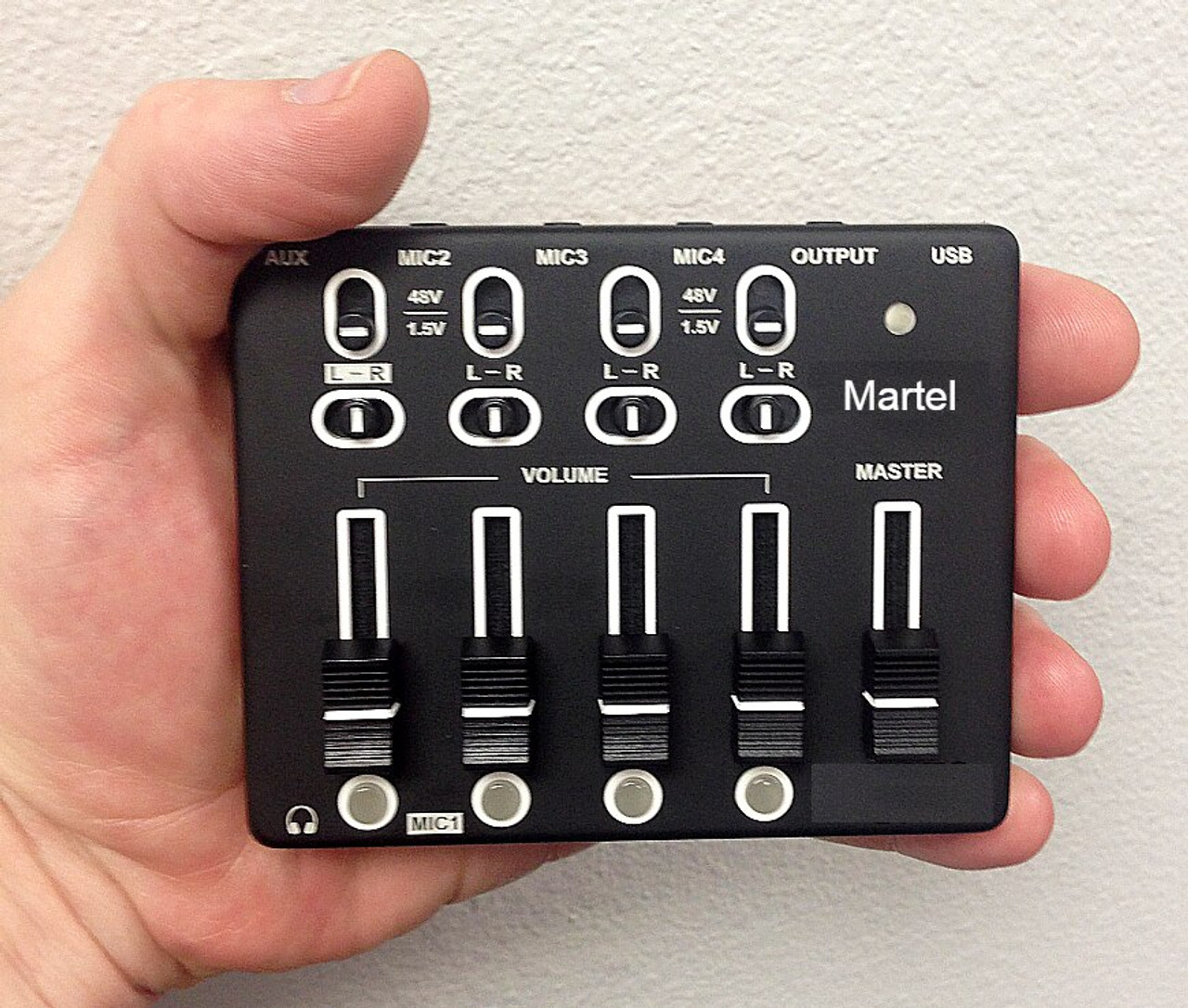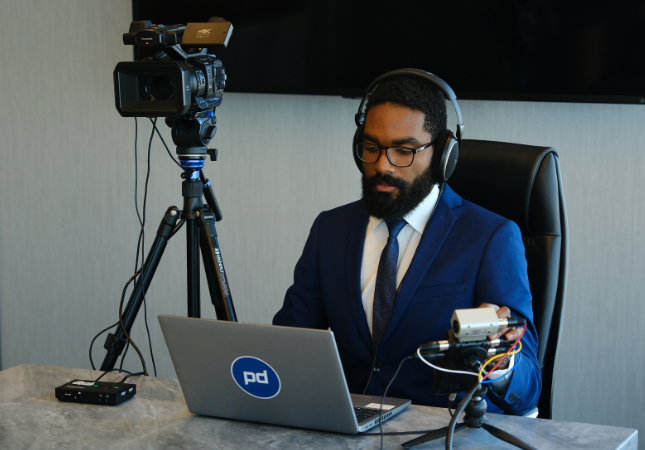The Importance of Lawful Video Depositions in Modern Legal Services: What You Ought to Know
Lawful video clip depositions have actually come to be essential in today's lawful landscape. They supply a multidimensional view of witness testimonies that conventional records simply can not match. By recording both verbal and non-verbal interaction, these depositions boost the general understanding of a witness's integrity. The performance of video clip depositions hinges on numerous variables, including conformity with legal standards and best practices. Discovering these elements discloses their true relevance in modern-day legal services
What Are Lawful Video Clip Depositions?
Lawful video depositions serve as a crucial tool in the lawsuits process. They entail tape-recording witness testimonies in a video clip style, capturing both non-verbal and verbal interaction. This approach enables attorneys to record the demeanor, expressions, and responses of witnesses, supplying a richer context for the testimony. Normally conducted in a controlled atmosphere, these depositions are led by lawyers who ask concerns while a stenotype reporter records the discussion. The resulting video can be vital for test preparation, as it makes it possible for legal representatives to assess the trustworthiness of witnesses and refine their methods. In addition, lawful video depositions can be utilized in numerous legal contexts, varying from civil disagreements to criminal instances. The acoustic and aesthetic components of video depositions improve the presentation of evidence, making it a crucial element in the modern lawful landscape. Generally, they add considerably to the performance and performance of lawful proceedings.

Advantages of Video Clip Depositions Over Typical Techniques
Video clip depositions provide many advantages contrasted to typical methods of taking witness statements. One considerable advantage is the capability to capture both aesthetic and audio aspects, offering a much more complete record of the witness's statements. This twin style enhances clearness and enables lawyers to reference specific nuances during trial preparation. Additionally, video clip depositions promote remote involvement, making it simpler for witnesses that might be inaccessible for in-person looks because of geographical constraints or health issues.Moreover, video depositions can quicken the general deposition process, decreasing the moment and expenses related to travel and logistics. They additionally enhance ease of access, as recorded depositions can be easily shared among lawful teams and referenced at any moment. This benefit adds to better case administration and preparation. Overall, video depositions represent a modern-day, reliable strategy to gathering witness testimonies, lining up with the developing demands of the legal occupation.
The Role of Body Language and Tone in Testimonies

In legal video depositions, body movement and tone play essential roles in conveying a witness's integrity and reliability. Nonverbal hints can provide insights into a witness's emotion, influencing exactly how their testament is perceived. Comprehending the impact of these elements is essential for attorneys and jurors alike when reviewing the integrity of a testament.
Nonverbal Interaction Insights
While verbal interaction is typically emphasized in lawful testimonies, nonverbal cues such as body movement and tone play an important duty in communicating reliability and feeling. Onlookers of depositions may note that a witness's stance, motions, and faces can considerably affect understandings of integrity. Constant eye contact may signify self-confidence, while preventing stare can suggest deceit or discomfort. The tone of voice-- its pace, volume, and pitch-- can impart sensations of sincerity or unpredictability. Legal experts must be in harmony with these nonverbal signals, as they often give critical context that matches talked words. Understanding these nuances can enhance the efficiency of depositions and influence the result of legal procedures.
Emotional Tone Impact
The psychological tone communicated during legal testaments substantially impacts just how a witness is regarded. Body language, vocal inflections, and faces play important duties in shaping the story of a testimony. A witness displaying confidence through constant eye call and a tranquil tone can impart a feeling of integrity and engagement. Conversely, indicators of stress and anxiety, such as fidgeting or an unstable voice, might cause uncertainty regarding their account. The subtleties of psychological expression can affect the analysis of realities, making it essential for lawyers to identify these signs. In video depositions, the acoustic and aesthetic parts incorporate, stressing the importance of emotional tone in conveying genuineness and reliability within the legal process.
Reliability and Credibility
An important consider developing reliability and dependability throughout testimonies hinges on the witness's body movement and intonation. Onlookers commonly rely upon non-verbal hints-- such as eye call, pose, and motions-- to examine a witness's genuineness. For circumstances, a witness that preserves eye call and presents open body movement might be viewed as more reliable and honest than one that prevents eye get in touch with or appears closed off. Furthermore, intonation plays a vital role; a constant, tranquil tone can reinforce the credibility of the testimony, while fluctuations in pitch or volume may raise doubts. Ultimately, the combination of body movement and vocal tone greatly influences just how a witness's declarations are received and translated in a legal context.
Finest Practices for Performing Video Clip Depositions
Carrying out video depositions needs mindful planning and implementation to ensure a clear and effective discussion of testimony. First, it is very important to select a silent, well-lit place to lessen disturbances and safe and secure ideal video clip top quality. The equipment must be examined in development, including cams, microphones, and illumination, to stay clear of technological concerns during the deposition.Next, events entailed must review the format and procedures in advance, ensuring that every person comprehends their functions. The deponent must be oriented on the procedure, consisting of just how to respond plainly and concisely.Additionally, preserving a specialist disposition throughout the session is vital. This consists of avoiding speaking over one an additional and verifying that all inquiries are routed appropriately. It is critical to record the deposition in a style that permits for simple playback and testimonial, preserving the stability of the statement for future usage.
Legal Factors To Consider and Conformity Issues
How do lawful factors to consider and conformity concerns influence the efficiency of video clip depositions? Legal experts must browse a complex landscape of laws, ensuring that video depositions stick to administrative guidelines and criteria. Conformity with regulations concerning personal privacy, approval, and tape-recording methods is important. Acquiring specific consent from all parties entailed is essential to avoid legal repercussions.Additionally, the admissibility of video evidence in court can hinge on conformity with procedural requirements. Guaranteeing that the equipment used satisfies technological standards is likewise important, as low quality can weaken the deposition's reliability.Moreover, lawyers should recognize any kind of certain state laws that control video depositions, as these can differ considerably. Failing to address these factors to consider can not just endanger the honesty of the deposition yet also impact the total instance method, eventually influencing the customer's lawful outcomes.
Just How Video Clip Depositions Effect Jury Assumption
While video depositions can act as powerful tools in lawful process, their influence on court assumption is considerable. The acoustic and aesthetic aspects of video clip recordings provide jurors with an extra complete understanding of witness behavior, integrity, and emotional feedbacks. This multimedia approach can improve the jurors' capability to assess the reliability of statement compared to conventional text-based transcripts.Moreover, video depositions enable jurors to observe body language, intonation, and face expressions, all of which can affect their this hyperlink analysis of the witness's declarations. The presence of a witness on display can humanize them, promoting empathy and connection, which might persuade jurors' point of views. Alternatively, a witness who shows up evasive or undependable on video clip may cause negative understandings that influence a jury's choice. Eventually, the dynamic nature of video clip depositions plays a crucial function fit exactly how jurors interpret evidence and reach their decisions.
The Future of Video Depositions in Legal Method
As improvements in technology remain to improve the lawful landscape, the future of video clip depositions is poised for considerable evolution. Innovations such as expert system, digital fact, and improved video clip conferencing devices are expected to enhance the deposition procedure Homepage and boost accessibility. Lawyers might make use of AI-driven analytics to analyze witness credibility and case strength a lot more effectively.Moreover, the integration of online fact could permit courts to experience immersive simulations of depositions, offering much deeper context and understanding. Furthermore, the fad towards remote depositions is most likely to continue, using greater flexibility for customers and lawyers alike.As remote job ends up being progressively stabilized, video clip depositions will likely end up being conventional method, decreasing costs and time restrictions connected with standard techniques. Generally, these technological advancements promise to improve the efficiency, effectiveness, and ease of access of video clip depositions in lawful practice, eventually changing just how attorneys prepare for trial.
Often Asked Questions
Just How Much Do Legal Video Depositions Generally Expense?

Can Video Clip Depositions Be Made Use Of in Any Kind Of Instance?
Video depositions can be utilized in numerous kinds of cases, including civil, criminal, and family members legislation. Their adaptability permits attorneys to present witness statements successfully, adapting to the details needs of various legal situations.
What Devices Is Needed for a Video Clip Deposition?
To conduct a video clip deposition, necessary devices includes a high-quality cam, microphone, lights, and a reliable recording gadget. Additionally, a computer system with editing and enhancing software program might be required for post-production and formatting the last video clip.
How Long Does a Typical Video Clip Deposition Last?
A normal video clip deposition lasts in between 2 to four hours, depending on the intricacy of the situation and the variety of concerns posed. Extensive sessions might occur, however breaks are generally included for participant convenience.

Are Video Depositions Admissible in Court?
Video depositions are generally acceptable in court, given they adhere to lawful criteria and regulations of evidence. Their usage improves clearness and preserves witness testament, assisting in the judicial process during hearings and tests. Legal video depositions have ended up being necessary in today's legal landscape. In addition, lawful video depositions can be used in different lawful contexts, ranging from civil conflicts to criminal cases. Furthermore, recommended you read video clip depositions help with remote engagement, making it much easier for witnesses that may be inaccessible for in-person looks due to geographical restraints or health issues.Moreover, video clip depositions can accelerate the total deposition procedure, decreasing the time and expenses linked with travel and logistics. Making sure that the devices used satisfies technical requirements is also essential, as poor high quality can weaken the deposition's reliability.Moreover, lawyers have to be mindful of any type of specific state regulations that control video depositions, as these can differ considerably. Furthermore, the trend toward remote depositions is likely to continue, using greater adaptability for lawyers and clients alike.As remote work ends up being significantly normalized, video depositions will likely end up being conventional method, lowering costs and time constraints linked with conventional approaches.